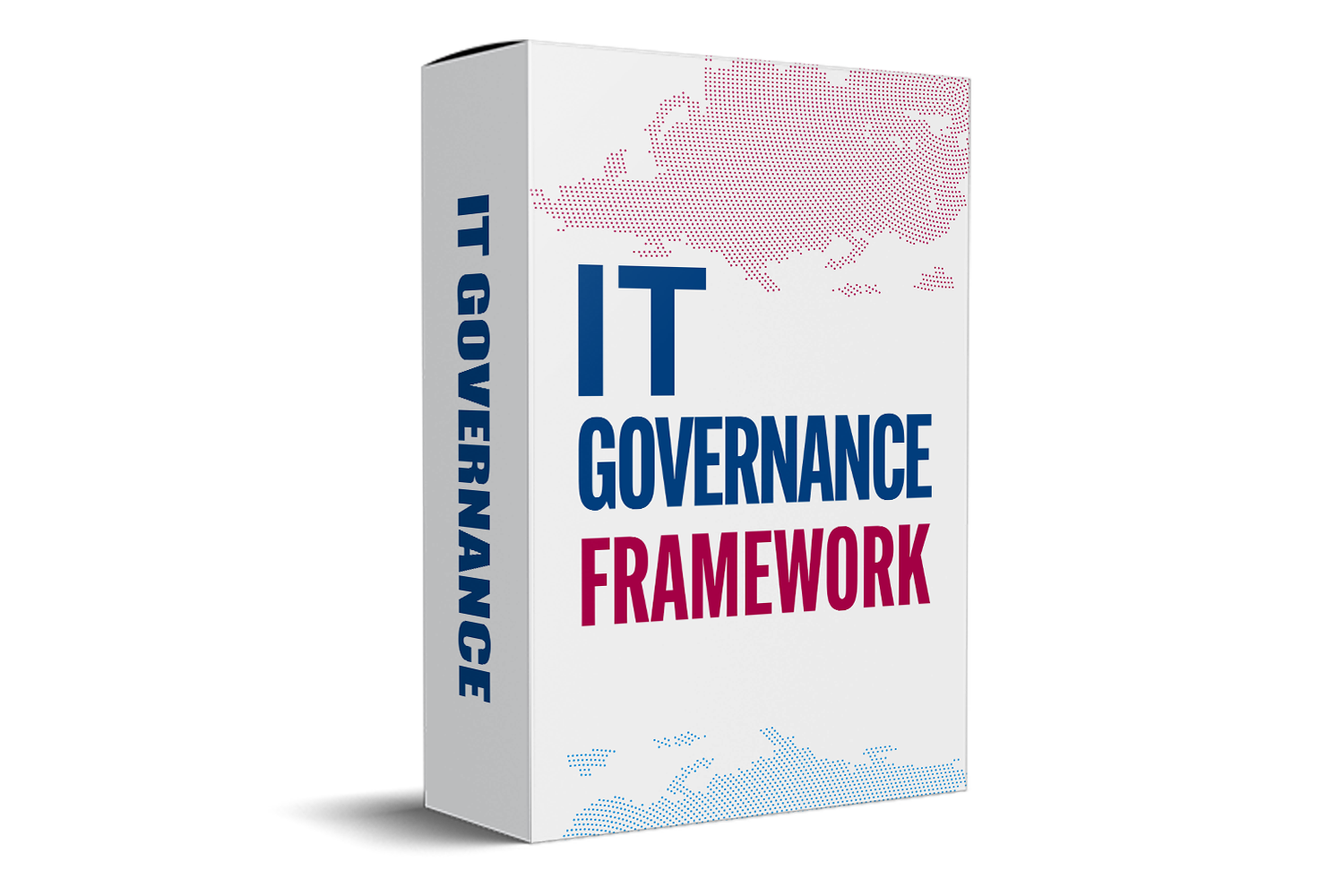How To Build A Effective Resource Management Strategy and Its Benefits
Definition of Resource Management
Resource Management refers to the strategic planning, allocation, and utilization of various resources within an organization to achieve specific goals and objectives.
It involves the identification, acquisition, allocation, monitoring, and optimization of resources such as human resources, financial resources, material resources, and time resources, to ensure their effective use in achieving organizational objectives.
The aim of resource management is to ensure that resources are used efficiently and effectively to meet the needs of the organization, while minimizing waste and maximizing productivity.

Key Elements of Resource Management
Resource management involves the effective management of various resources within an organization. The key elements of resource management are:
1. Human Resources: This includes the management of people within an organization, including the recruitment, selection, training, development, and retention of employees. Human resource management also involves managing employee performance, compensation, and benefits.
2. Financial Resources: This includes the management of the organization's financial resources, including budgeting, forecasting, accounting, and financial reporting. It also involves managing cash flow, credit, and financial risk.
3. Material Resources: This includes the management of physical resources within an organization, including equipment, machinery, inventory, and supplies. It involves managing the acquisition, maintenance, and disposal of these resources.
4. Time Resources: This includes the management of time within an organization, including the scheduling, prioritization, and allocation of tasks and activities. It also involves managing time-related constraints and ensuring that tasks are completed within established timelines.
Effective resource management requires careful consideration and management of each of these key elements to ensure the efficient and effective use of resources in achieving organizational objectives.
Importance of Resource Management in Organizations
Effective resource management is critical to the success of any organization. By managing resources efficiently, organizations can optimize their operations, streamline processes, and reduce costs. This, in turn, improves productivity and reduces waste, leading to improved efficiency and productivity.
Resource management also helps to ensure that the right resources are available at the right time, which improves the quality of work produced by the organization. This can lead to increased customer satisfaction and an improved reputation.
Additionally, resource management helps to reduce costs and wastage. By carefully managing resources, organizations can minimize unnecessary spending, reduce duplication of efforts, and eliminate waste. This leads to more efficient use of resources and a reduction in costs.
Overall, effective resource management is essential for organizations looking to achieve their goals and objectives. It enables organizations to allocate resources where they are needed most, improve operational efficiency, reduce costs, and ultimately improve their bottom line.
Effective Resource Management Strategies
To achieve effective resource management, organizations must implement strategies to identify, prioritize, allocate, and optimize their resources. Here are some effective resource management strategies:
- Assessment of Resource Requirements: Organizations must identify and assess their resource needs to ensure that they have the necessary resources to achieve their objectives. This involves evaluating the organization's goals and objectives, identifying the resources required to achieve them, and determining the availability of those resources.
- Prioritization of Resource Allocation: Resources must be allocated based on their priority to ensure that they are used in the most effective and efficient manner. This involves identifying the most critical resources and allocating them to the most important tasks.
- Monitoring and Control of Resource Utilization: Organizations must monitor and control the utilization of resources to ensure that they are being used effectively and efficiently. This involves tracking resource utilization, identifying areas of waste or inefficiency, and taking corrective action where necessary.
- Optimization of Resource Utilization: Organizations must optimize the utilization of their resources to ensure that they are being used to their fullest potential. This involves identifying opportunities to streamline processes, eliminate waste, and improve resource utilization.
By implementing these strategies, organizations can ensure that their resources are used effectively and efficiently, enabling them to achieve their goals and objectives.
Benefits of Effective Resource Management
Effective resource management offers several benefits to organizations, including:
- Improved Efficiency and Productivity: By managing resources efficiently, organizations can optimize their operations, streamline processes, and reduce costs. This leads to improved productivity, as resources are used more effectively and efficiently.
- Enhanced Quality of Work: Effective resource management ensures that the right resources are available at the right time, which helps to improve the quality of work produced by the organization. This can lead to increased customer satisfaction and an improved reputation.
- Reduced Costs and Wastage: Proper resource management can help to reduce costs by ensuring that resources are used efficiently and waste is minimized.
- Better Risk Management: Effective resource management allows organizations to identify potential risks and take corrective action before they become significant problems. This helps to mitigate risks and reduce the impact of unexpected events.
Overall, effective resource management enables organizations to achieve their goals and objectives more efficiently and effectively, leading to improved productivity, higher quality work, reduced costs, and better risk management.
Conclusion
Effective resource management is essential for organizations to optimize their operations, reduce costs, and achieve their goals and objectives.
By implementing strategies to identify, prioritize, allocate, and optimize resources, organizations can improve efficiency, enhance quality of work, reduce wastage, and better manage risks, leading to long-term success.


